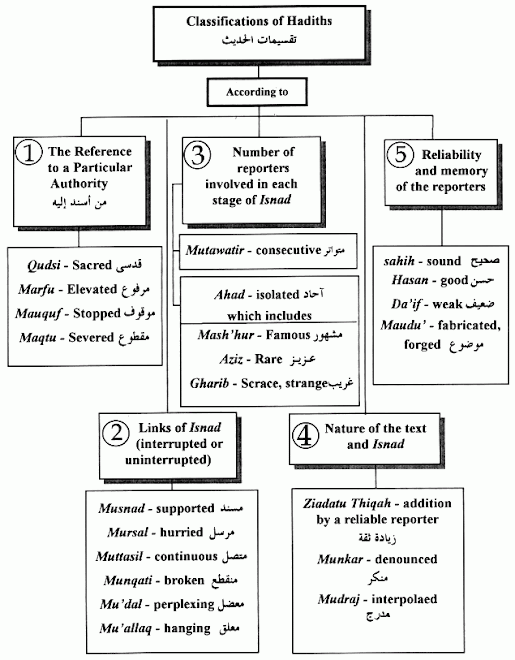I have a new piece up at the collaborative Al-Wasat blog entitled "Stereotyping Muslims: One Direction's Zayn Malik, Pop Culture, and the Diversity of Lived Religious Identity." It is the first piece I've written for publication that does not deal with the issues of militancy, Al-Qaeda, or other contemporary jihadi groups and movements, which most of my current research focuses on. However, it does deal with issues such as the fluidity of religious identity, the highly individualized nature of this identity and how each person interprets it, and the diversity of "Islam" and "Muslim" as social categories. The piece is anchored in an analysis of these issues through the lens of the recent ridiculous hullabaloo over the personal religious persuasion of one member of the British/Irish pop music group One Direction, who became the first British music group to see their first album debut on top of the Billboard top 200 albums sales chart back in March. The group also has a top 10 radio single in the U.S., "What Makes You Beautiful."
There has been some discussion, mostly among One Direction's fans, about whether Malik, whose father is of Pakistani descent, is a Muslim. The mainstream media recently picked up on this "story" back in June, as did an American far right wing loon who accused Malik and One Direction of "pimping Islam" and "boy band jihad" to teenage girls. Some Muslims also reacted negatively toward Malik because of his profession as a pop singer as well as his lifestyle (he has tattoos, smokes, drinks alcohol, and dates).
In the post I look at the discourses surrounding his personal religious identity and try and tackle, albeit briefly, why attempts to impose "normative" religious identities on people is pure folly, in large part because religious traditions are lived and thus are subject to highly individualized interpretations and implementations.
The piece may be read here: http://thewasat.wordpress.com/
Unlike much of my other work, this piece hopefully will be more readily understandable to a broader audience without the need for prior knowledge of other specialized sub-fields and areas of study.






No comments:
Post a Comment